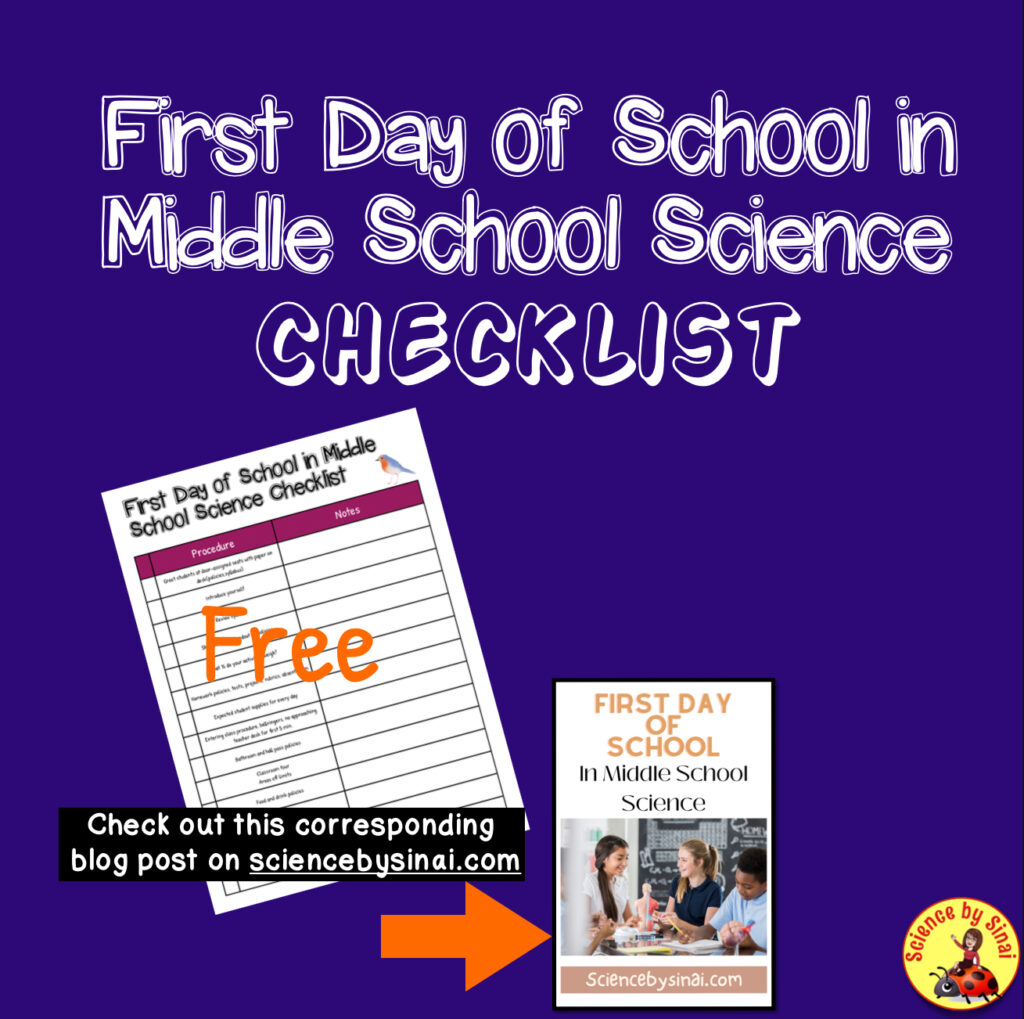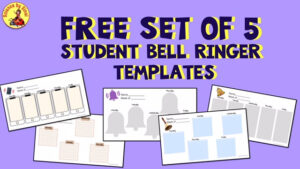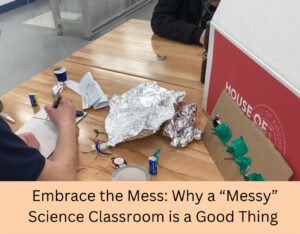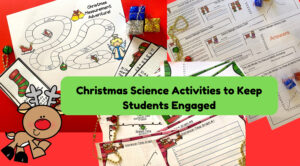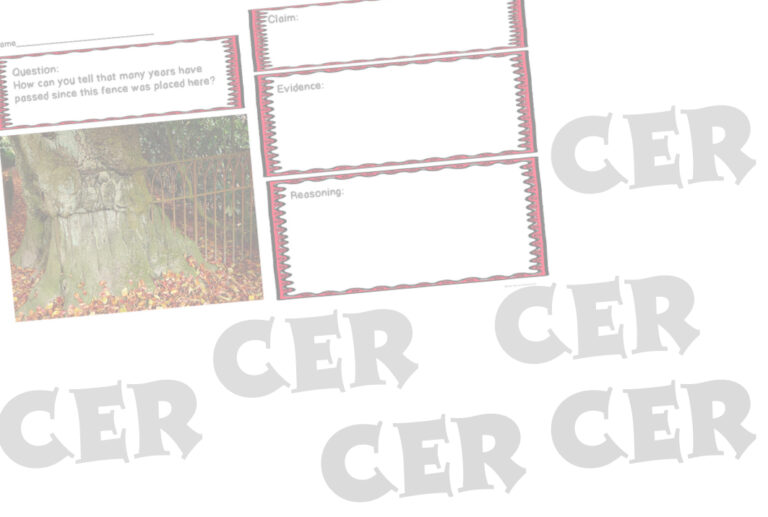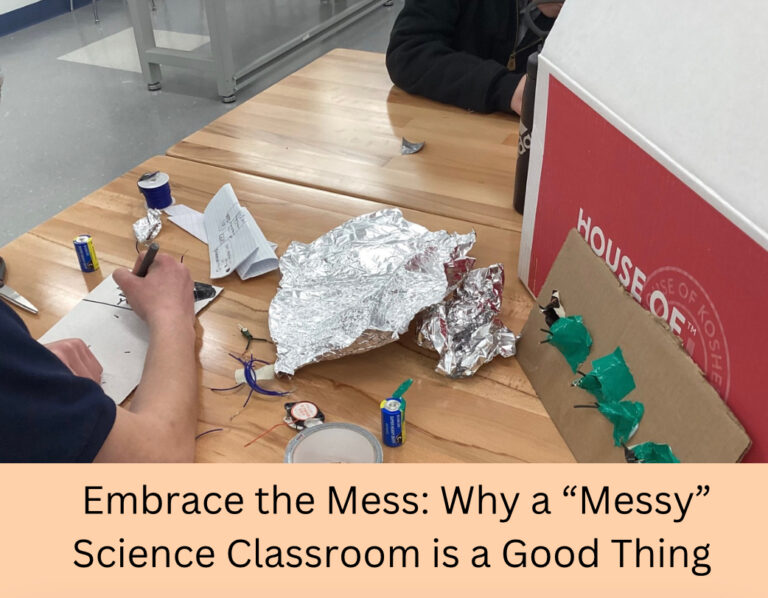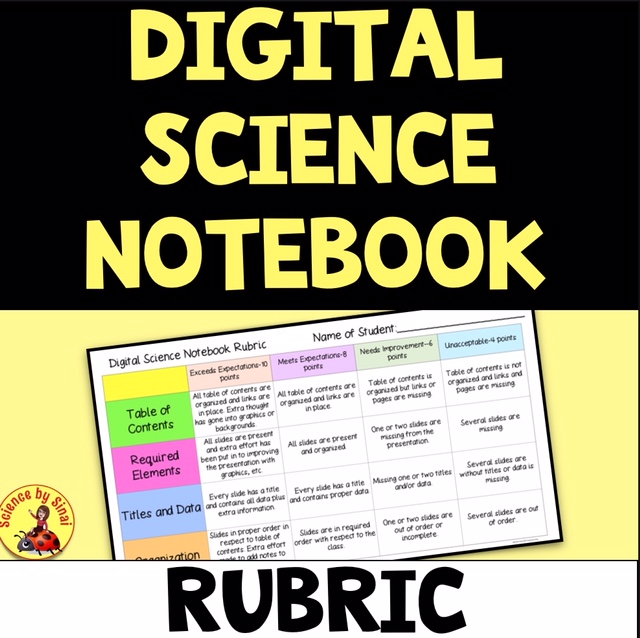First Day of School in Middle School Science
What do you do on the first day of middle school science? What do you need to cover to be successful for the rest of the year?
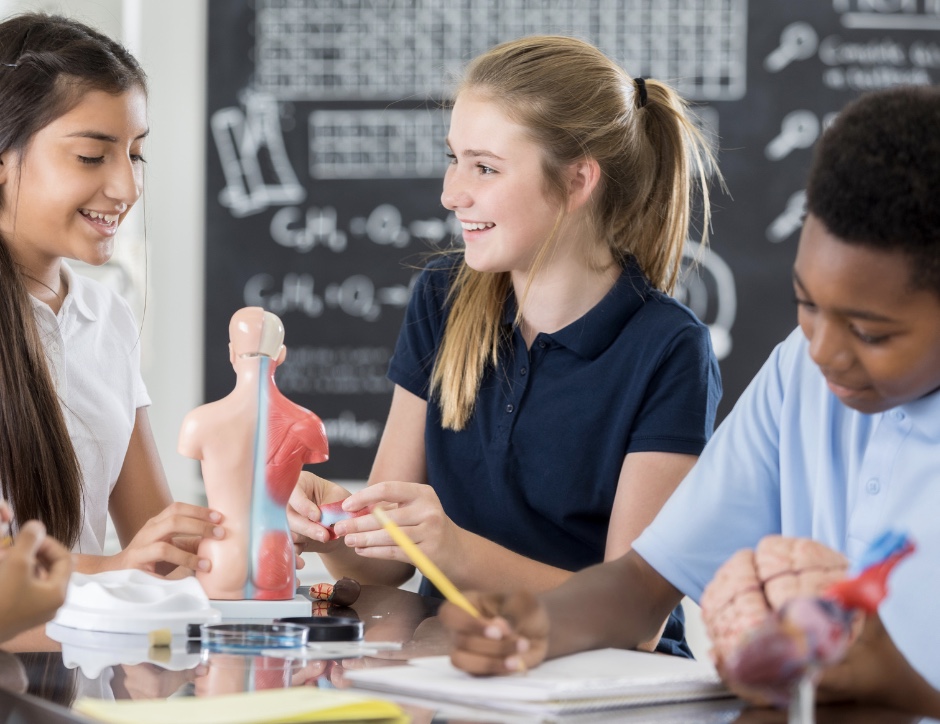
First Day of School in Middle School Science
Updated Aug 8, 2022
I have experimented with many different approaches to the first day of school in middle school science for over thirty years. I have now settled down into a routine that makes me relaxed and the students content, ready and informed.
Greeting Your Class For The First Time
It is important to set the tone of your classroom from the minute that the students first see you. This is revelant even if you have students you have taught in the past.
In my opinion, students are not to enter into your classroom unless given permission. It should be an orderly, calm routine. I have classes back to back and there is nothing more annoying than having the incoming class trying to pass the outgoing class. That is guaranteed to cause accidents and interactions that you don’t want.
On the first day of school, I make sure that I meet them in my doorway and explain to them how they will enter the room, find their assigned seats and begin working on what is on their desks. This may need to be practiced every day and, if tomorrow they have forgotten, then they will go back and try again.
Introduce Yourself
Even if I have previously taught my entire class, and there is one new student, I will still reintroduce myself out of respect for that child. I am brief because I tend to tell a lot of stories later having to do with my life, my horse, my dogs and my family.
Remember, students will be listening avidly on the first day! They will be eagerly listening to try to assess whether you are a soft pushover, fair, hard, strict etc. Think of how teachers analyze our administration, when we first meet them, trying to determine what kind of person we will be dealing with.
You do not need to start listing a bunch of rules when the students first walk in your room. However, by the time they leave the first day, they should have a very clear idea of how seriously you take structure, organization and expectations.
Think about when you were in school and you were meeting a teacher for the first time. Which were you more interested in? The students around you, who you were going to see all day, or how was this teacher going to be in terms of strictness, expectations and work? If you hear kids buzzing in the hallway near a new teacher’s room, you will hear them asking “Is she nice?“ or “Is she hard?“. That’s what these students care about.
I discuss what we are going to cover during the year, and have a syllabus to show them. But, don’t let it be too dry. I may make the syllabus have some mystery to it. Instead of saying “We are going learn about potential and kinetic energy” I may say “Learning the magic of a roller coaster!” Instead of saying that we are simply going to be learning about electricity, I may say “how do we get rid of the most dreaded icon on our phone?”(let them guess the dead battery sign).
Why I Don’t Do Icebreakers on the First Day
Some teachers will do an icebreaker on the first day which can cause a lot of chaos and excitement from students who haven’t seen each other all summer or are just meeting each other. They may be difficult to bring back to task and you will be at a deficit if you do not know their names yet. This age group will immediately detect that weakness and it may be hard to recover in the upcoming days. I prefer to do any activity like that on the SECOND day.
There should be no assumptions when going over policies. They are not boring or a time waster. The chances of the students just reading your procedure posters are small. Even if you have a handbook, the chances are also small that it will be read. Students need to hear it from your mouth and possibly even hear examples of situations.
If the students are meeting you for the first time, they will be listening to everything you say carefully and deciding how their school year with you is going to go. Take advantage of this attention!
All policies that you review during the first two days of school should be written somewhere. Remember, you can also always go back and refer to the first day and ask them to recall “what you said“ rather than something that was simply written and they may not have seen it.
Even teachers, sitting during a PD meeting with a 35 page handbook, will remember the main highlighted points that the administration went over. We focus on things that directly pertain to us such as sick days, budgets, dress code etc.
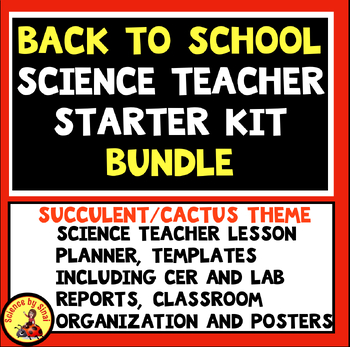
Explain How Students Can Succeed in Your Science Class
The question on every student’s mind is how can they succeed in science class? How can they enjoy themselves, do well with grades and not feel stressed about the material? Now is the time to get into the nitty-gritty, day-to-day routines.
Talk about what percentage each type of activity in your classroom weighs for report cards. For example, my projects weigh 40%, tests and quizzes weigh 30%, homework weighs 10% and classwork weighs 20%. This instantly lets students know what I consider the most important aspects of my class.
Homework policy, tests, missing homework, finals and absenteeism should all be discussed. Students will be listening very carefully to your homework policy, how much warning you give them for tests and what to do if they are absent.
Have all of these policies written out before the first day. Just like you want to know about how your school handles sick days, your paycheck, and recess duties, the students want to know about the specifics of your classroom.
What Should Students Bring to Class?
Being unprepared for class is extremely unnerving. Students get disappointed in themselves for forgetting materials and they may have anxiety about disappointing the teacher. It is frustrating when everybody around them has what they need and they don’t.
One of my ways to make sure that everyone is on board with the same materials, is to use digital science notebooks. This way it is super easy to send the materials to them whether they are present or not.
Depending on how anxious the student is, it can also be crippling. Make sure you tell students what materials they need EVERY DAY. A planner is essential. This includes either a digital or paper planner for writing down assignments.
I tell my students that they can use any type of planner of their choice unless they start to forget to do assignments. If so, I will step in, with their parents, to decide the best method.
How Students Should Enter the Class and Get Busy on a Bellringer
As mentioned above, during the first few minutes of students entering your class on the first day you will establish your expectations about the procedure. However, it is a good practice to reiterate once again how it is done in detail.
Students should be ready follow the instructions for a get busy or bellringer AS SOON AS THEY WALK IN. I make my bellringers worth points, or I do a quiz at the end of the week on the material. (6 Types of Science Bellringers to Start Your Class) I make it very clear that if they are late for class that I’m not going wait for them to begin the class. If a teacher holds them back, in a previous class, then the student should have a note which will excuse them from that day. They should get the material from somebody else for the upcoming quiz.
Remind students not to approach your desk during the first five minutes of class. You may use a signal if there is a question that needs to be addressed after the bell ringers have been completed. You can also have them send you an email, which is much more effective. For example, most students who approach your desk in the beginning of class are coming to give you an excuse of some sort. There is a good chance that you will forget that excuse when you sit down to do the grades. I prefer to have it in writing from the student or sometimes a parent.
Bathroom and Hallway Procedures
I did a poll on my social media accounts asking opinions about whether or not students should be signed out. The majority of teachers agree that, for safety’s sake, we should always know which students are out of the room. I prefer to do it with a simple notebook on my desk where students write the time that they’re leaving, their name and then the time they returned. They don’t have to ask me to go to the bathroom, but they do need to sign out in the notebook. I also only allow one student out of my room at a time.
Give a Tour Your Classroom
I find it very important that students know their boundaries in terms of what they are able to touch and what they must respectfully leave alone. It drives me crazy when I see teachers tell students to go into their desks to get something.
I do a classroom tour, while they stay in their seats, showing different aspects of the room. Instead of just being negative all the time with “don’t touch”, I start with any centers, displays and the classroom library that that may use. I compare my desk to their backpacks. I would never dream of rummaging through their backpack looking for something so they should treat my desk the same way.
You need to stand by these rules yourself and don’t send a student later in the year to your desk to get scissors because you are busy. These are boundaries that should ALWAYS be respected.
Discuss Your Food and Drink Policy
This policy might have to be addressed with your administration or it may be completely up to you. You will have to think this through before you determine your policy because it is not easy to change it mid year. My basic rule is that, if we are not doing a lab, then they may eat or drink quietly. It may not be disruptive or messy. I absolutely forbid them from having even a water bottle during a lab.
Establish Your Policies For Outdoor Labs
I briefly discuss policies about outdoor labs along with what will happen if the rules are broken. I save more details for the day before the actual outdoor activity so it is fresh in their minds.
Set up Your Bullying Policies on the First Day
My school has a bullying policy contract that students, parents and teachers sign. I address my zero tolerance for bullying in my classroom. When I assign lab groups they may not roll their eyes, look at friends, make a noise etc. During group work they may not be bossy, insulting or intimidating to others. If someone answers a question incorrectly during class, there should be no cat calls.
Middle school students really do need bullying examples spelled out.
Share Letters From Past Students
This can be very funny but also enlightening. Write yourself a note, to remind yourself at the end of the school year, to have the students write a letter to the incoming students about you and how to succeed in your class. You will find that they will reiterate almost everything that I have covered above with a bit of humor mixed in!
Looking for science resources? I have hundreds available in my store at Science by Sinai on Teachers Pay Teachers.


